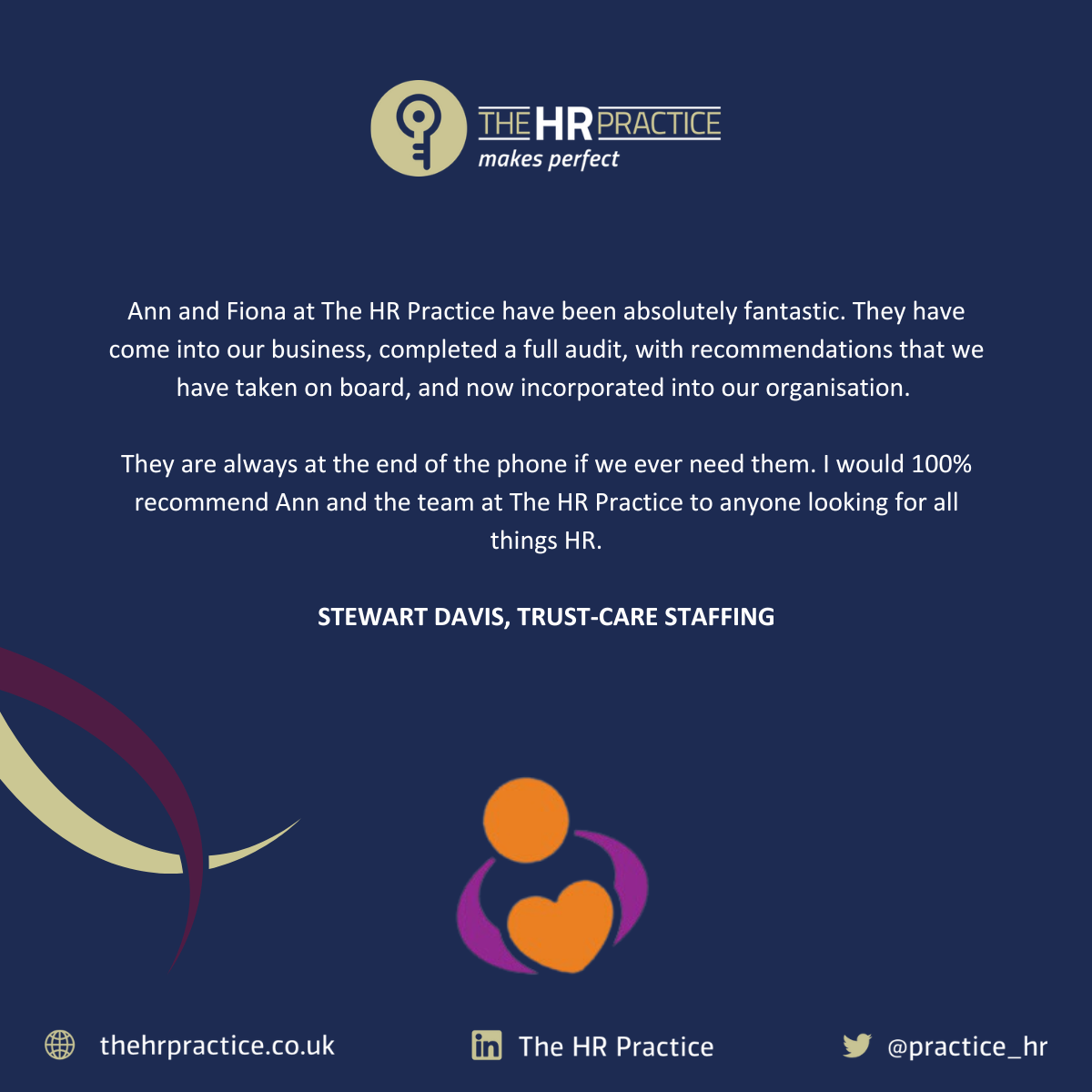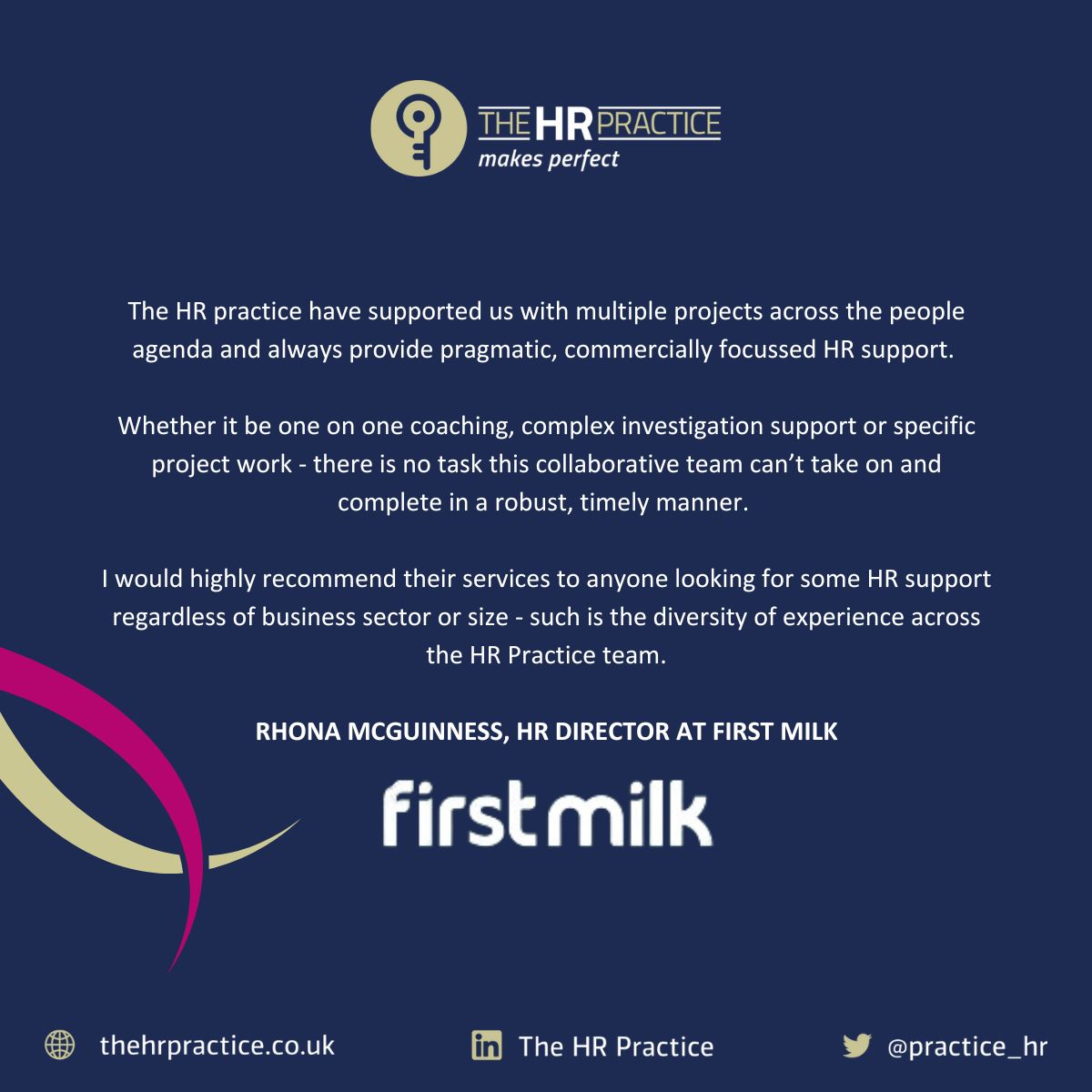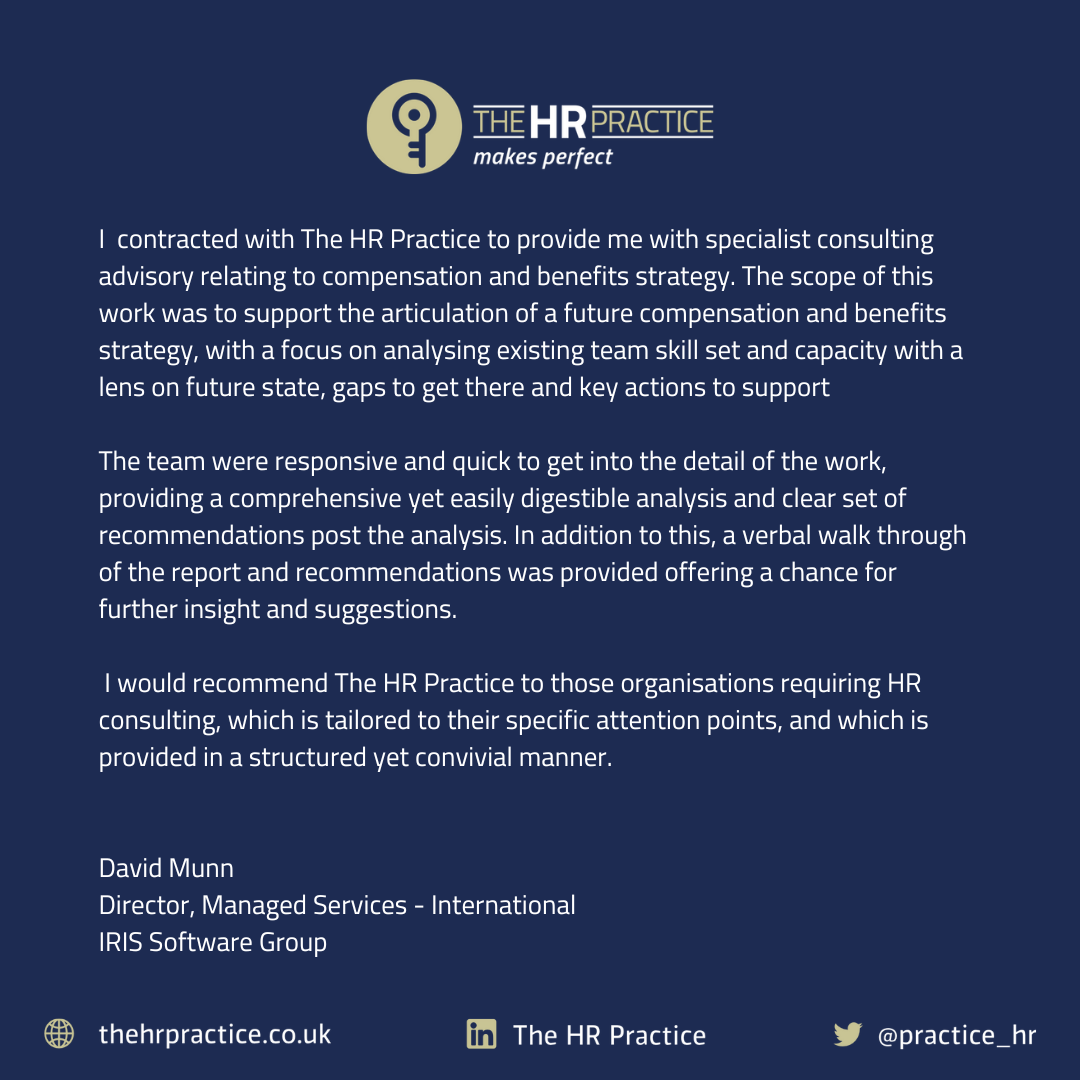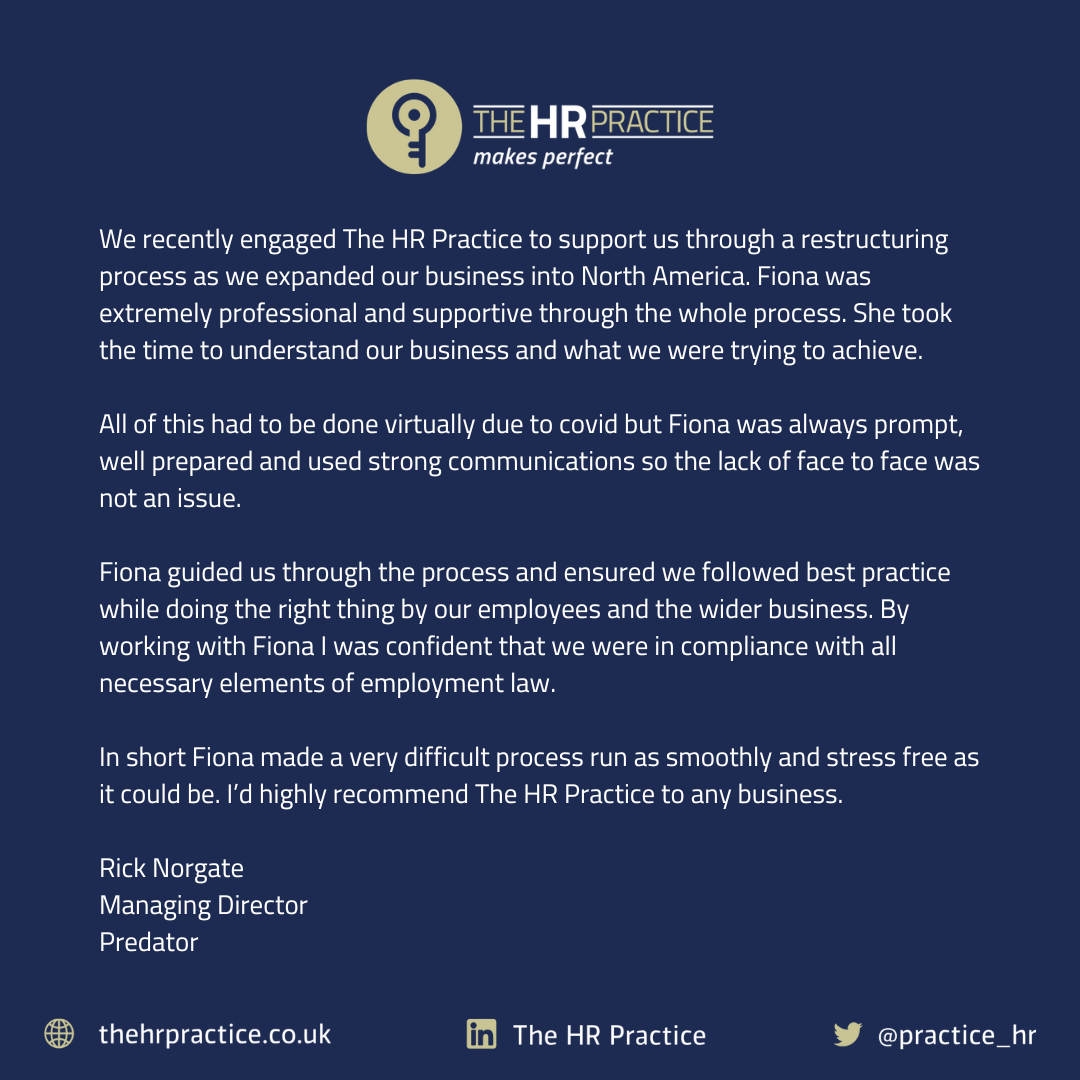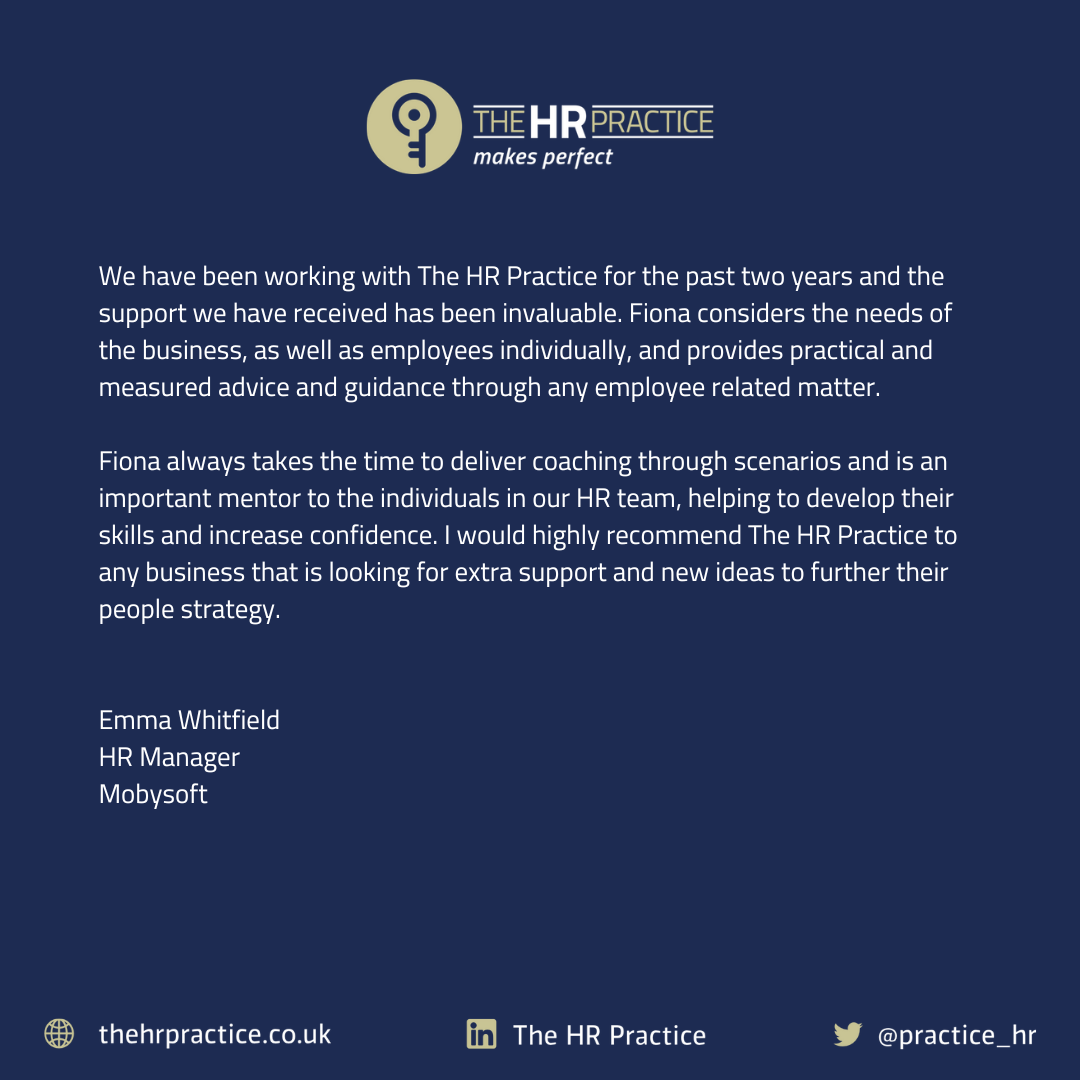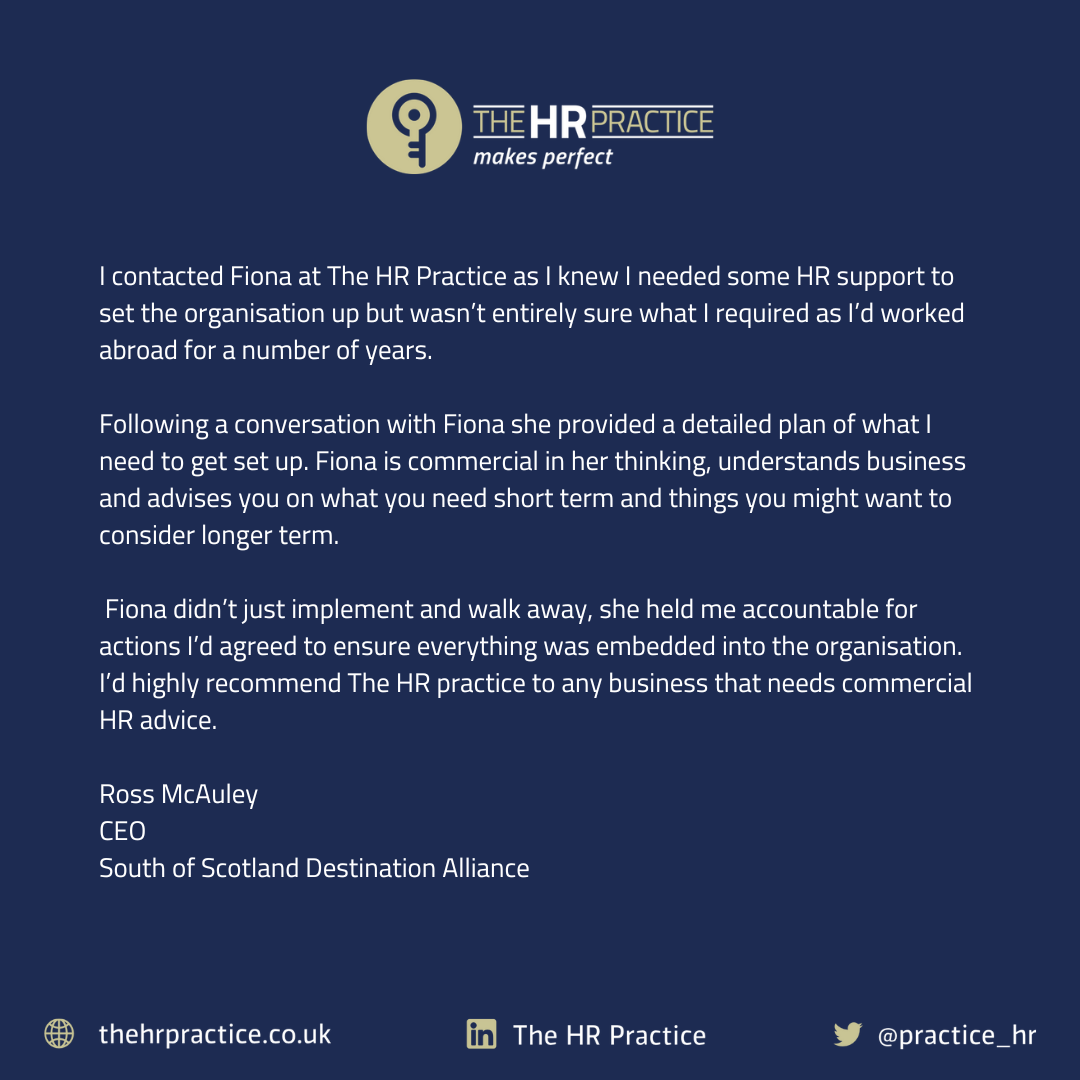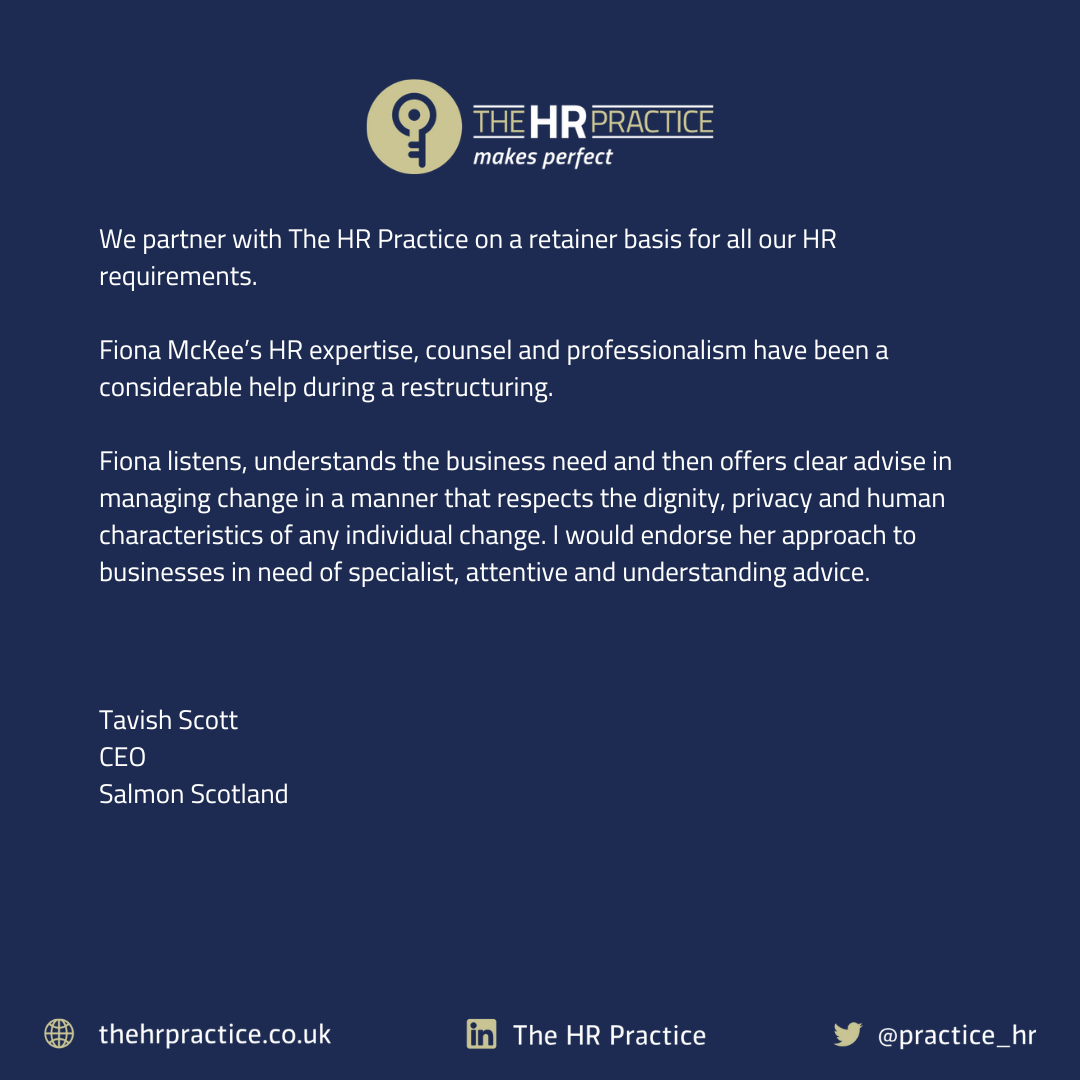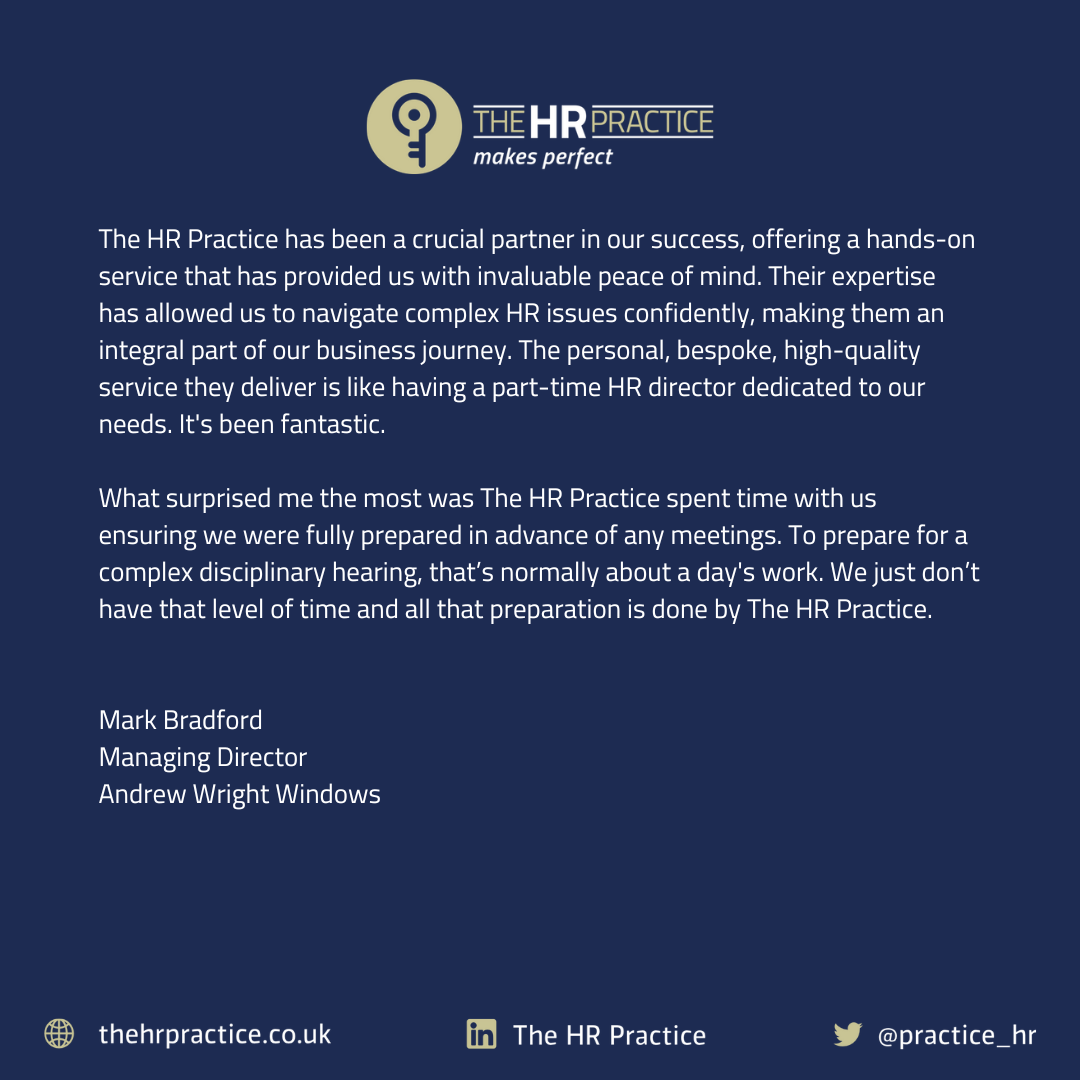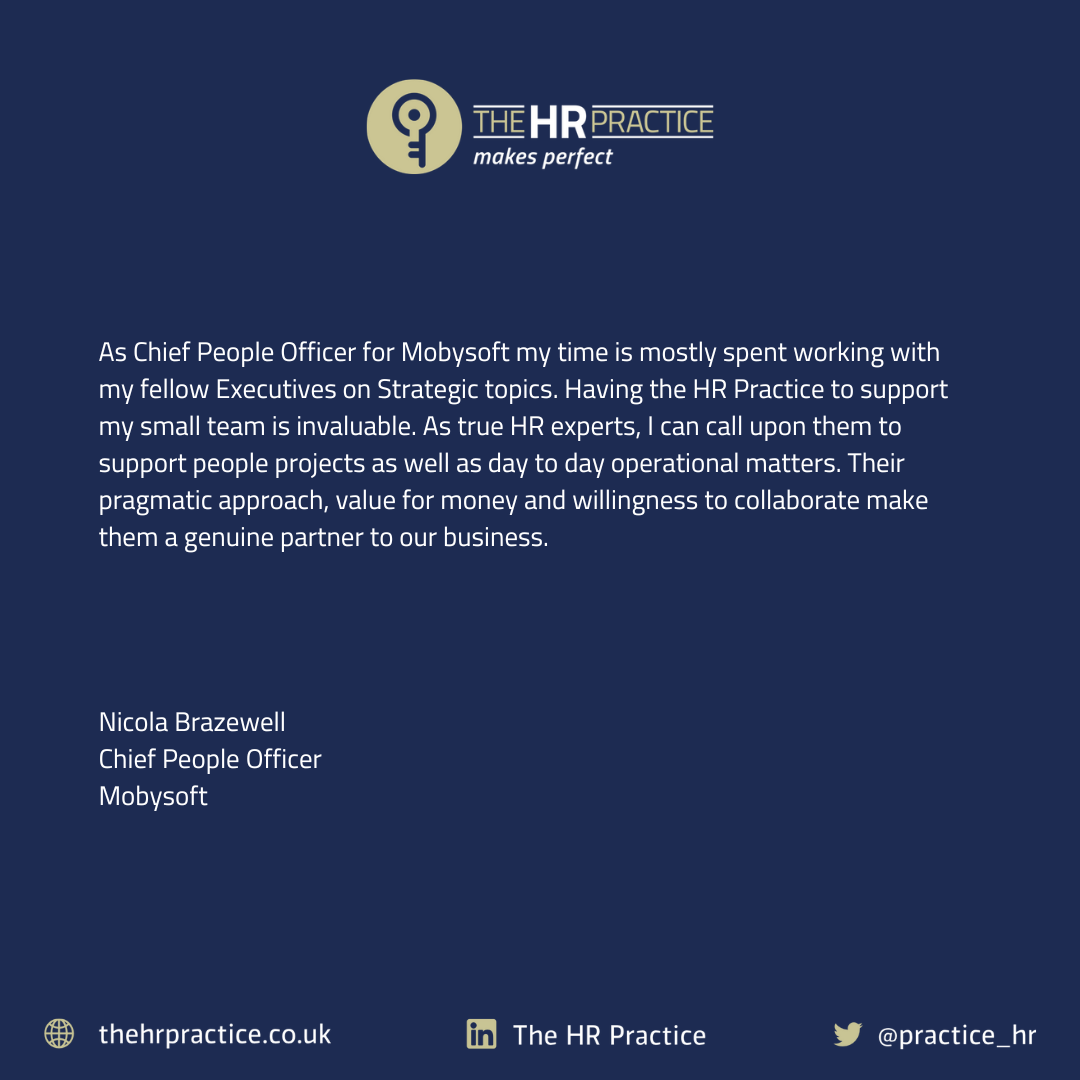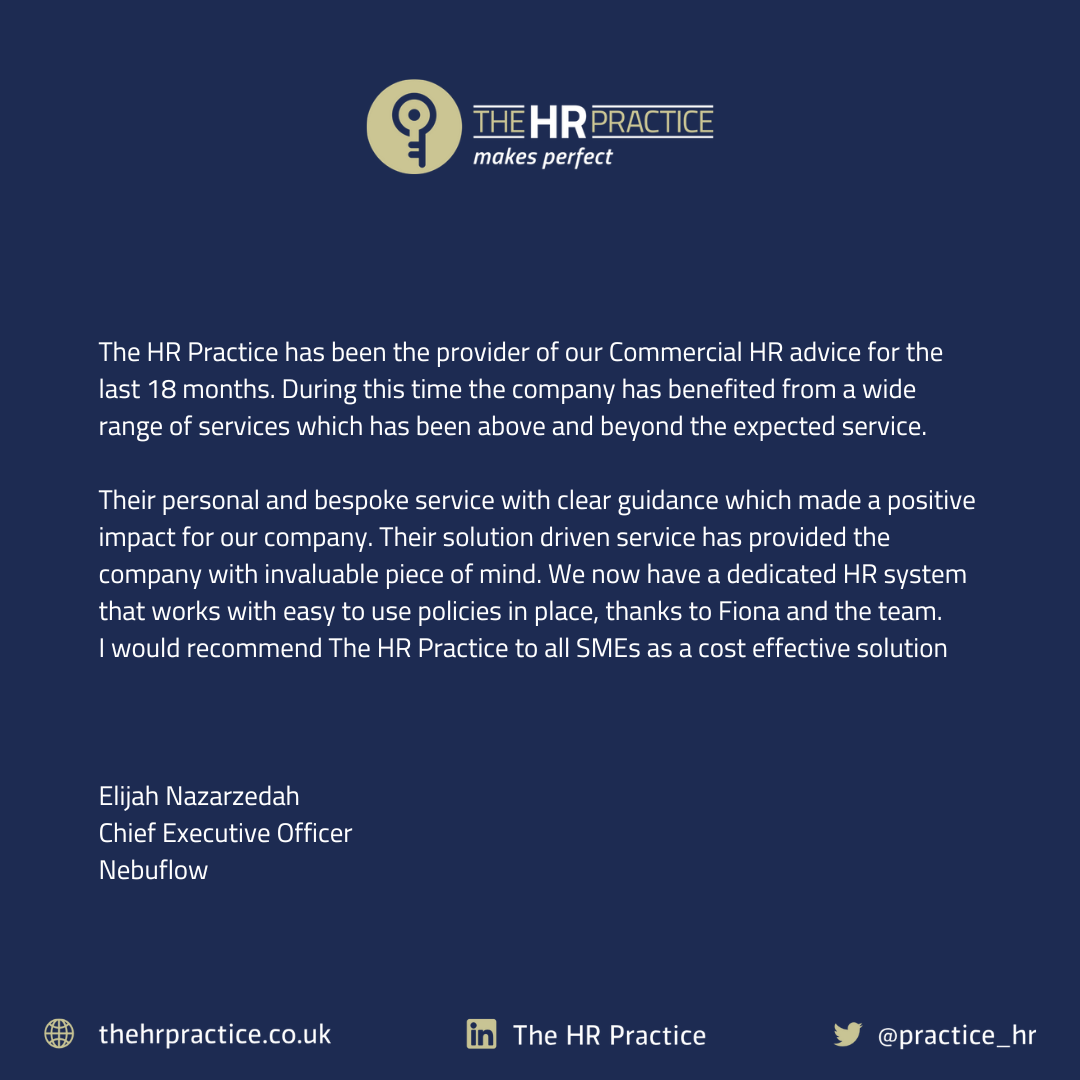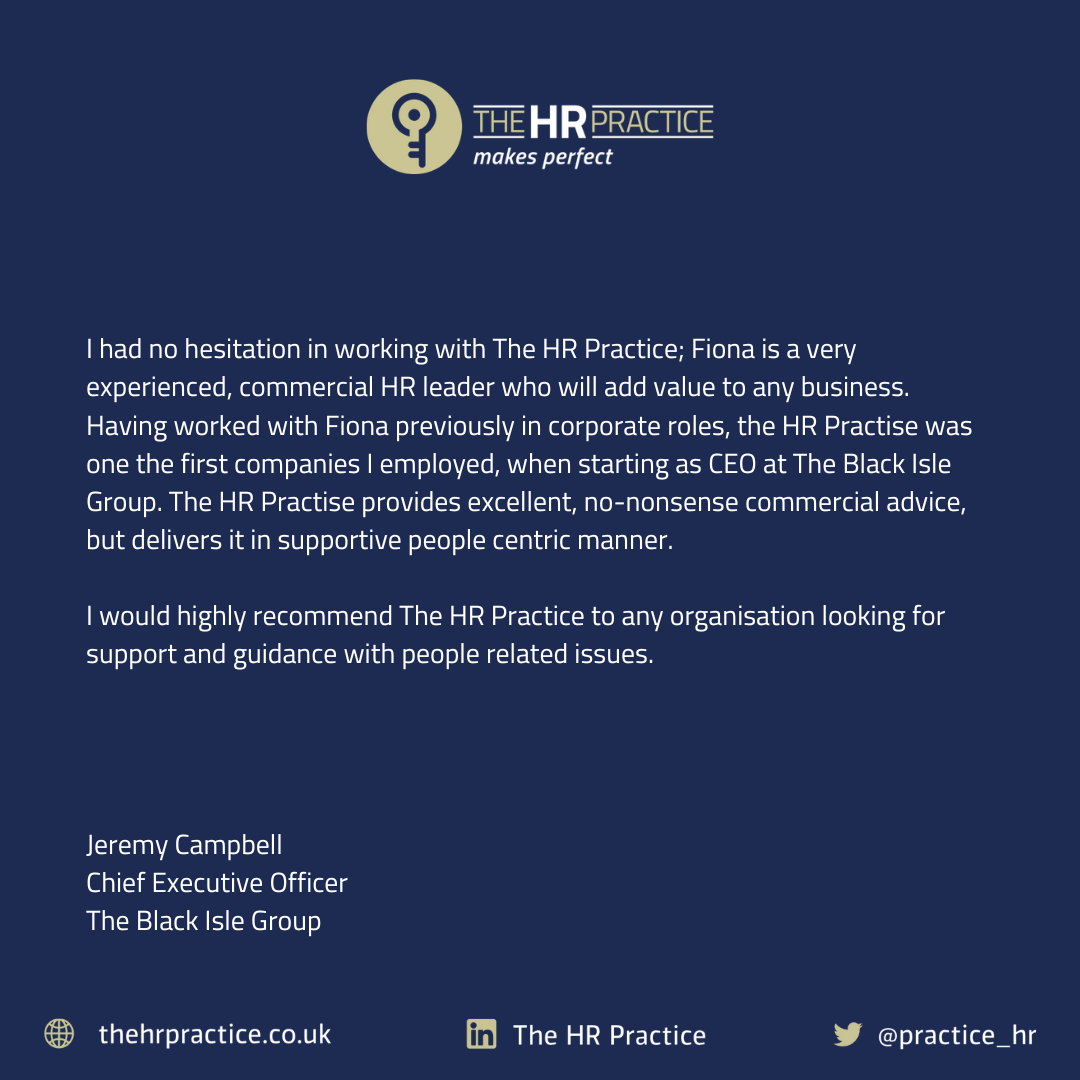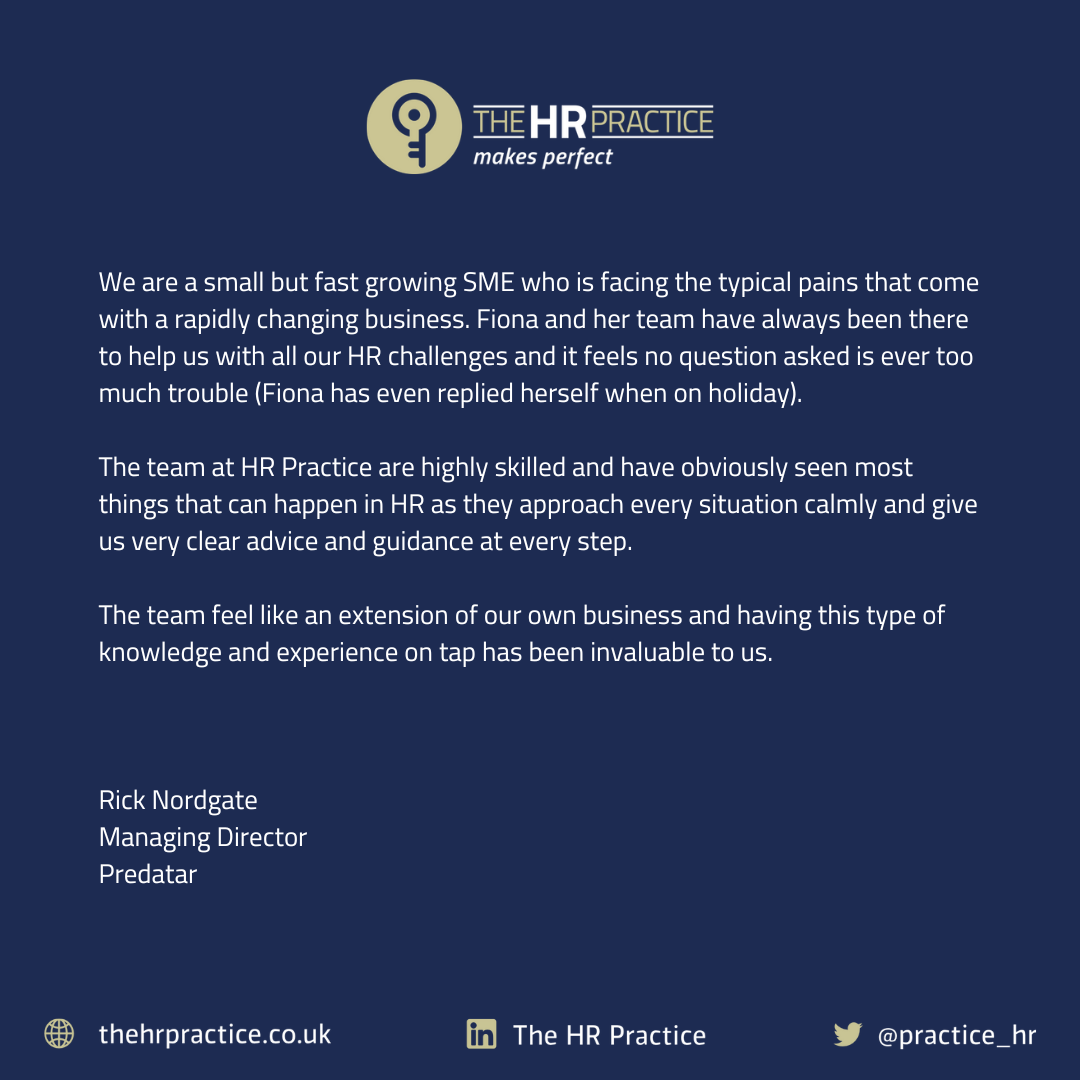Conflict in the workplace can be a serious issue. It can cause significant disruption and can lead to employees feeling stressed, demotivated, and disillusioned. Managing employee conflict can be difficult, but doing so effectively is essential and is a cornerstone of successful business management.
Managing conflict in the workplace requires careful monitoring and excellent interpersonal skills. To help you maintain a positive working environment, we’ve written up a guide and detailed the best practices for managing employee conflict. Find out more below.
Encourage Communication
As a business owner, one of the most beneficial things you can do is to foster an open environment where your employees are free to communicate and speak their minds. Members of your team should feel comfortable bringing issues to you when and as they arise. This way, you’ll be able to take steps to prevent situations from escalating and causing disruption to your business.
This can offer your business several advantages, it can help boost employee morale and productivity and create a friendlier, more welcoming atmosphere that will improve the culture within the business
Active Listening
If an employee brings a conflict issue to you, you must know how best to handle their complaint and ensure they feel listened to and understood.
Active listening is a communicative approach that is designed to listen to the words somebody says and understand them on a deeper, more meaningful level. The key to active listening is the word ‘active’, you need to be an active participant in the conversation rather than just a passive listener.
There are several components to an active listening approach, learning what these are is essential and will allow you to better hear and understand the problems your employees bring to you. These components are:
- Encourage: show signs of interest to encourage your employee to continue sharing
- Question: ask questions to clarify information and get more details
- Repeat: repeat statements in your own words to demonstrate understanding and confirm meanings
- Reflect: confirm the feelings conveyed to demonstrate emotional understanding and empathy
- Remain neutral: do not pass judgement and instead act as an understanding listener offering reinforcement and encouragement.
Active listening is a crucial tool when managing employee conflict. It can be used to understand the details of a situation in a calm and collected way, and it will make your employees feel like they are being listened to, encouraging them to share more issues in the future.
When listening to two sides of a conflict between employees, active listening is vital as it will ensure you are not perceived to be taking sides or showing favouritism, and you’ll be able to assess the conflict in an objective, neutral way.
Identify Underlying Problems
No matter how open and effective communication is in your business, there will still be times when employees don’t share their concerns. As a manager r, you need to be attuned to the mood and atmosphere of your workplace. If you can sense tension or friction between employees, this could indicate that there are unresolved conflict issues or disagreements bubbling under the surface.
It can be difficult to know how to approach things if you sense that there are underlying conflict problems, but the best way is usually through clear communication. Speak to your employees and ask if anything is troubling them at work and do your best to address any issues they might raise.
Know When to Take Action
Managing employee conflict is all about knowing when to step in and when not to. Small disagreements and differences are part and parcel of the working experience. Often, these are perfectly normal and healthy, they can teach employees how to put aside their differences and work together towards a shared goal.
If there are small disagreements taking place, there’s no need for you as a manager to step in. In fact, doing so can have a negative effect, it can make you seem like a micro-manager, which can result in reduced employee productivity.
On the other hand, you need to be ready to step in when disagreements escalate into full-blown conflict, or when one party is being mistreated or bullied. Knowing how to differentiate between these different kinds of situations is one of the most important parts of managing employee conflict.
It’s also vital that you know when you might need extra help. If employees are threatening to quit or if there are serious conduct issues taking place, enlisting the support of a HR team can offer you the expert advice and guidance you need to successfully navigate what can be a volatile situation.
Take a Collaborative Approach
The ultimate aim when managing employee conflict is to come to a mutually beneficial agreement that all involved parties are satisfied with.
As we mentioned earlier, conflict can be incredibly disruptive and can have wide-ranging implications for your business. It’s in your and your employees’ interests to come to a mutual agreement. This can be difficult to achieve but is essential to ensure no party is left feeling aggrieved or unfairly treated.
Involve your employees when it comes to devising conflict resolution ideas. Try to find some common ground and agree on a course of action together. By working as a team to resolve the issue, you will help prevent the same situation from happening again and encourage cooperation and collaboration.
Conclusion
Effectively managing employee conflict is a core skill for all l business owners and managers. Know how to read situations and how to talk to your employees. You must also be able to decide when you should or shouldn’t step in, and you should always consider speaking to a HR consultancy team to help successfully resolve issues in your workplace.


